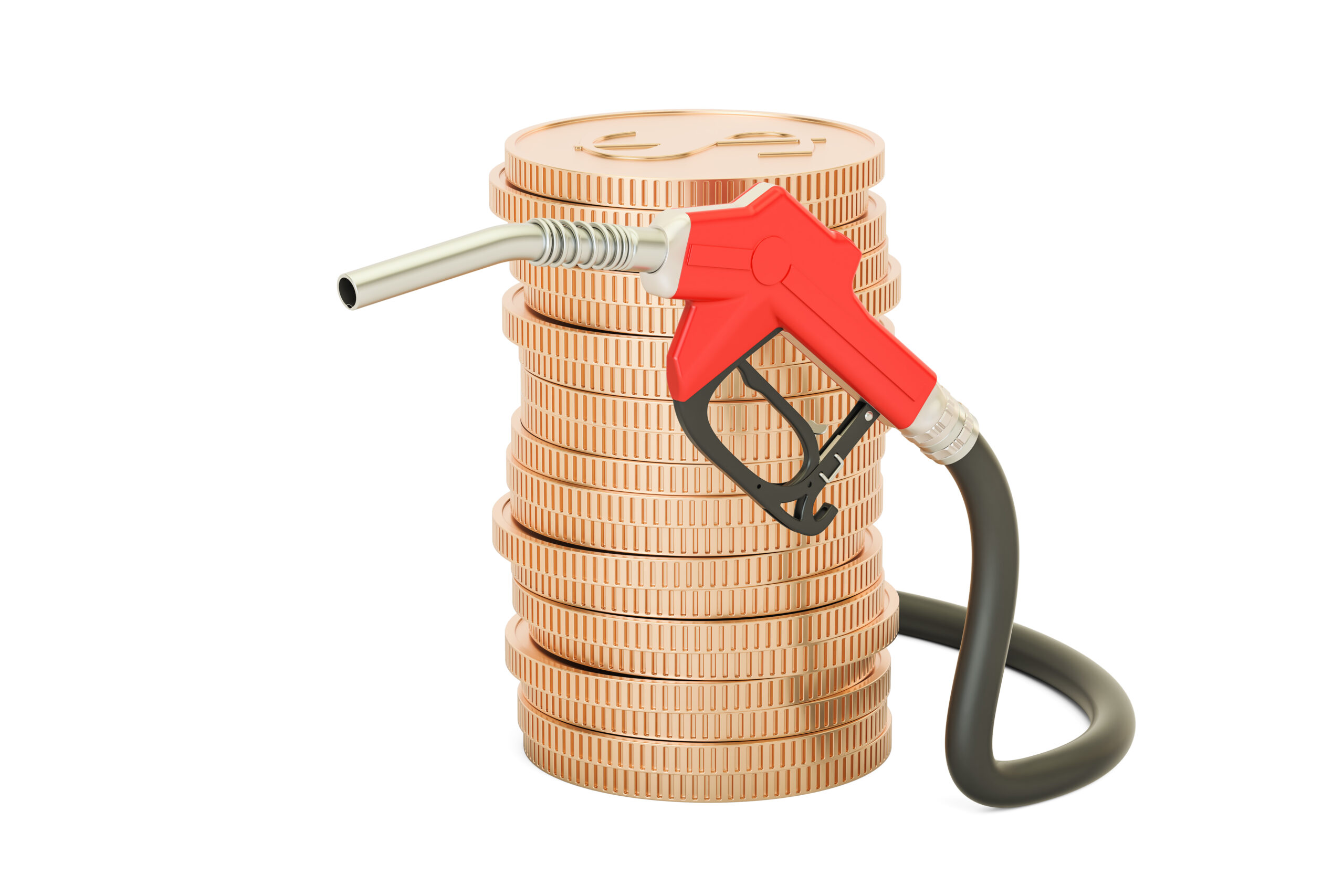Here are some fuel-saving tips that a fuel delivery company can offer to their construction customers to help them save money on fuel.
Optimize Routes and Schedules
Plan deliveries to minimize travel distances and combine multiple stops whenever possible. This will reduce fuel and time costs and emissions from vehicles. Additionally, it will increase efficiency by reducing wait times and allowing for more deliveries to be made.
Reduced Costs & Environmental Impact:
- Minimize travel distances and combine deliveries to save on fuel and related expenses.
- This strategy also reduces emissions from our delivery vehicles, contributing to a greener future.
- Enhance your efficiency. By combining stops, we streamline delivery routes, reducing wait times and allowing for more deliveries in a shorter amount of time.
Promote Proper Equipment Maintenance
Every minute counts on a construction site, but even short breaks can lead to unnecessary engine idling. Idling not only wastes fuel and increases costs, but also contributes to air pollution. With Portland’s new fossil-based diesel fuel restrictions within city limits, with the larger effort to achieve net-zero carbon emissions by 2050, this is a great time to consider how your business operations can reduce its fuel consumption and overall work to achieve net-zero carbon emissions. To promote a more environmentally friendly work environment and keep fuel costs down, employees should work together to discourage idling. A simple yet powerful solution is to remind workers to completely shut down engines during breaks, no matter how short. This small step can significantly reduce our overall fuel consumption and create a cleaner, healthier site for everyone.
Idle Reduction:
- Even short breaks can lead to unnecessary engine idling, wasting fuel and increasing costs.
- Idling also contributes to air pollution, impacting the environment and worker health.
Simple Solution, Big Impact:
- To promote a cleaner, more cost-effective worksite, all employees should work together to discourage idling.
- Remind workers to completely shut down engines during breaks, no matter how short.
- This small step can significantly reduce fuel consumption and create a healthier environment for everyone.
Invest in Fuel-Efficient Equipment
Consider upgrading to newer equipment models known for better fuel economy. By investing in fuel-efficient equipment, businesses can reduce their fuel costs and reduce their carbon footprint, as newer machines tend to be more fuel-efficient. Plus, newer models tend to have fewer parts and are more reliable, so businesses can expect to spend less on maintenance and repairs.
Upgrading to fuel-efficient equipment:
- Reduces fuel costs for construction projects.
- Lowers a company’s carbon footprint by minimizing emissions.
Newer equipment:
- Has fewer parts, simplifying maintenance needs.
- They also tend to be more reliable, leading to less downtime and repair expenses.
Train Operators on Fuel-Saving Techniques
Operators should be trained on fuel-efficient driving habits, like avoiding excessive acceleration and maintaining steady speeds. Regular maintenance is crucial for fuel-efficient equipment as it ensures optimal performance and fuel efficiency. Maintenance services include regular engine tune-ups, oil changes, and air filter replacements, all of which contribute to better fuel economy. Additionally, regular maintenance helps to detect and fix any potential issues that may impact fuel efficiency, such as clogged or dirty fuel systems or faulty sensors, ultimately prolonging the life of the equipment and maximizing its fuel savings potential.
Fuel-Efficient Operation:
- Avoid rapid acceleration and maintain steady speeds for optimal fuel economy.
Regular Maintenance for Efficiency:
- Schedule routine engine tune-ups, oil changes, and air filter replacements.
Identify & Fix Issues Early:
- Regularly check for clogged fuel systems, faulty sensors, and other potential issues.
- Early detection saves fuel and extends the equipment’s lifespan.
Save Money with a Cardlock Fuel Card
Take control of your fueling operations and put money back in your pocket with a convenient cardlock fuel card program. Cardlock fuel cards are an easy way to track and manage fuel purchases. You save money and time by eliminating manual recordkeeping and billing. Plus, you can monitor fuel usage and get real-time reports.
By applying these fuel-saving strategies, construction companies can experience significant cost reductions and environmental benefits. From optimizing delivery routes and promoting mindful equipment operation to regular maintenance practices, every step counts.


